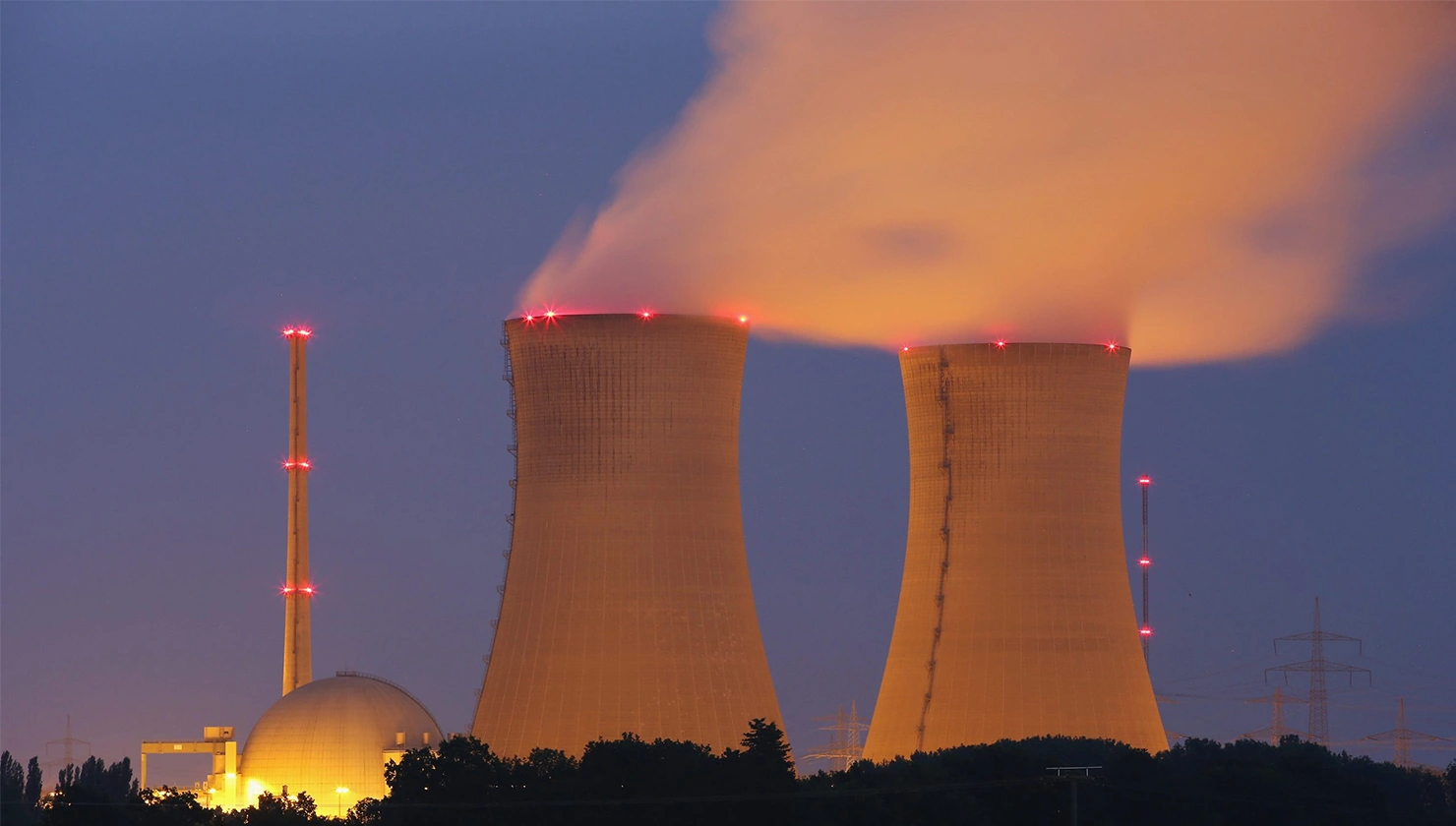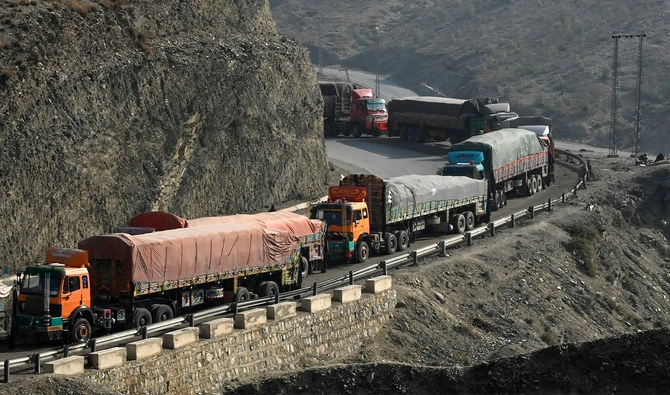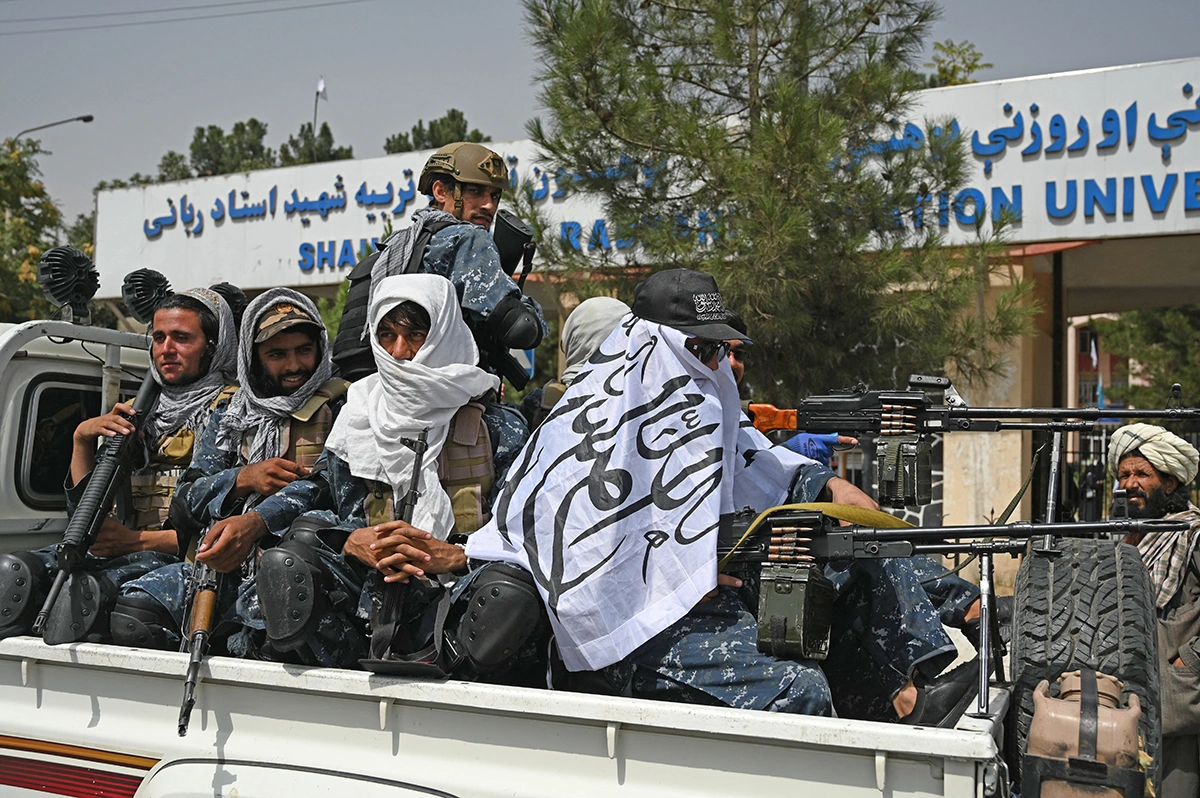Since 2014, the political metamorphosis of India has been marked by a notable shift under the BJP government, diverging from Nehru’s liberal vision towards a Hindu-centric identity led by Modi. As a result, this shift has garnered domestic support, enabling assertive foreign policy actions, challenging norms, and promoting a nationalist agenda both regionally and globally.
Catalysts Behind the Political Metamorphosis of India
India’s strategic assertiveness, coupled with allegations of involvement in transnational terrorism, raises concerns about regional stability and global security. This highlights the complexities of its evolving role in international relations.
India’s Assertive Foreign Policy
Moreover, the Indian involvement in transnational terrorism activities is no longer clandestine. It is acknowledged at various international news media outlets. For instance, recent reports indicate the arrest of Indian operatives abroad, with the latest instance being in Australia.
Specifically, on 4 April 2024, The Guardian, a British daily, in its report linked New Delhi to the targeted killings of at least 20 individuals within Pakistani territory. This dates back to the assassination of Hardeep Singh Nijjar by Indian intelligence agencies in Canada. Importantly, this report came three months after Pakistan’s government formally levelled similar allegations against India. Initially, New Delhi neither confirmed nor refuted the report.
![Saleem Rehmani was killed in Pakistan in January 2022. The Indian government listed him as one of its most-wanted individuals [Image: Farooq Khan/EPA via Al Jazeera].](https://southasiatimes.org/wp-content/uploads/2024/05/saleem-rehmani-farooq-khan-1712313206.webp)
However, the next day, Indian Defense Minister Raj Nath Singh asserted that India would eliminate any individual accused of terrorism on Pakistani soil. Islamabad termed the remarks by New Delhi as provocative. It asserted that it stands resolute in its “intent and ability” to safeguard its sovereignty against any “act of aggression”.
Allegations and Controversies
Following this, on April 14, 2024, Amir Tamba, an acquitted suspect in the Sarabjit murder case, was shot dead in Lahore, Pakistan. Islamabad, amidst strong empirical evidence, pointed towards Indian involvement in the Tamba murder case. This incident appears to indicate a broader pattern of alleged transnational killings attributed to India. Consequently, over time, accusations have emerged that India has engaged in hybrid warfare against Pakistan, employing media disinformation and proxy violence.
Notably, the Chinar Corps controversy and the EU Disinfolab report are other instances of the Indian efforts to tarnish Pakistan’s image internationally.
Proxy War Tactics in Kashmir
Furthermore, India purportedly employs proxy war tactics against Kashmiris residing in Pakistan, aiming to silence voices advocating for self-determination. Therefore, the international community’s response to these allegations has remained varied. While some call for accountability, others stress the need for careful diplomacy.
Indian intelligence allegedly targets the majority of individuals in Pakistan over the past three years, reportedly affiliated with the Kashmiri freedom struggle.
Sikh Diaspora Under Threat
The perception of impunity granted to India in these activities may have emboldened it to extend its operations abroad. As a result, India’s assertive stance, framed within a Hindutva ideology with expansionist aspirations, has reached global fronts. For example, the recent killings of Sikh activists in Canada and threats to others on an Indian list have raised international concerns.
![In Lahore last September, Pakistani Sikhs protested Hardeep Singh Nijjar's killing in Canada [Image via Bilawal Arbab/EPA via The Guardian]](https://southasiatimes.org/wp-content/uploads/2024/05/5216.webp)
Moreover, the assassination of Sikh activist Hardeep Singh Nijjar in Canada in September 2023 led Canadian Prime Minister Justin Trudeau to accuse Indian intelligence agencies, based on intelligence shared among the Five Eyes partners.
Subsequently, following Nijjar’s assassination, American Sikh activists advocating for the Khalistan movement received death threats, prompting FBI warnings. These incidents, along with death threats to Gurpatwant Singh, whose assassination plot on American soil by Indian intelligence was foiled by the US, have heightened scrutiny.
A United States media report revealed the involvement of rogue elements within the Indian government in these plots. In response, New Delhi acknowledged the involvement of state elements. However, it distanced them from the Research and Analysis Wing (RAW) but noted their affiliation with the government. This episode led to US allegations regarding India’s involvement in plotting assassinations on its soil.
Also Read: India’s RAW: Rogue Agents or Rogue Agency?
Global Ramifications of India’s Assertiveness
Notably, India’s increasingly assertive behavior appears influenced by the strategic support and impunity provided by the US. On several occasions, the latter has overlooked or supported India’s controversial actions. Such gesture was framed in the context of relationship as between the world’s ‘Oldest Democracy’ and the ‘Largest Democracy.’ Consequently, this dynamic complicates US attempts to critique India’s democratic principles. Such criticisms often provoke nationalist sentiments in India, questioning foreign interference in domestic affairs. Here, Modi’s political acumen is evident in his utilization of the US domestically and internationally.
Human Rights Concerns
In addition, the report on Human Rights abuses in India published by the US Department of State also sheds light on ‘Transnational Repression’ by India.
The Human Rights Report (HRR), released by US Secretary of State Antony Blinken, mentioned instances where the Indian government purportedly engaged in the suppression of “journalists, members of the diaspora, civil society activists, and human rights defenders.”
The report highlighted claims made by “other governments and diaspora communities” alleging that the Indian government has been involved in “the killing of individuals or the use of violence or threats of violence against individuals in other countries, as reprisals.”
For instance, it referenced statements from Canadian Prime Minister Justin Trudeau, indicating that his administration was investigating allegations of potential ties between Indian government operatives and the death of a Sikh Canadian citizen, Hardeep Singh Nijjar. India rejected the report, calling it “deeply biased.” In March, New Delhi dismissed U.S. concerns over a controversial Indian citizenship law and objections to the detention of a prominent opposition leader as “misguided” and “unjustified.”
![Justin Trudeau addresses media after Canada expels a top Indian diplomat amid assassination allegations in September [Image: Sean Kilpatrick/AP via The Guardian].](https://southasiatimes.org/wp-content/uploads/2024/05/7706.webp)
India, endeavoring to achieve strategic assertiveness, demonstrates an unwillingness to entertain criticism, even from the United States, a nation with which it shares a strategic partnership. Ultimately, India categorically rejects such criticism, deeming it biased, particularly concerning allegations of transnational terrorism activities or human rights abuses.
The Imperative of Diplomatic Balance
In conclusion, the political metamorphosis of India has undergone a significant transformation under the BJP government. A shift towards a Hindu-centric identity marks this transformation. This shift has propelled assertive foreign policy actions, allegations of transnational terrorism, and engagement in hybrid warfare, notably against Pakistan.
Facilitated by perceived impunity from international partners, particularly the United States, India’s aggressive posture on the global stage poses complex challenges for regional stability and international relations.
Moving ahead, the international community must navigate these complexities with diplomatic finesse, balancing the pursuit of accountability with the imperative of maintaining constructive engagement. As India continues to redefine its role in global affairs, the repercussions of its actions will undoubtedly reverberate across the region and beyond. Therefore, concerted efforts must be made to uphold democratic values, promote dialogue, and foster cooperation for the collective advancement of peace and stability in the region.
The views expressed in this article are the author’s own. They do not necessarily reflect the editorial policy of the South Asia Times.

![US-India flags fly at the White House. Since 2014, political metamorphosis of India under the BJP has diverged toward a Hindu-centric identity [Image via Reuters].](https://southasiatimes.org/wp-content/uploads/2024/05/2023-06-21T195636Z_979887234_RC2VN1AOY3KX_RTRMADP_3_USA-INDIA-1704088052.webp)





